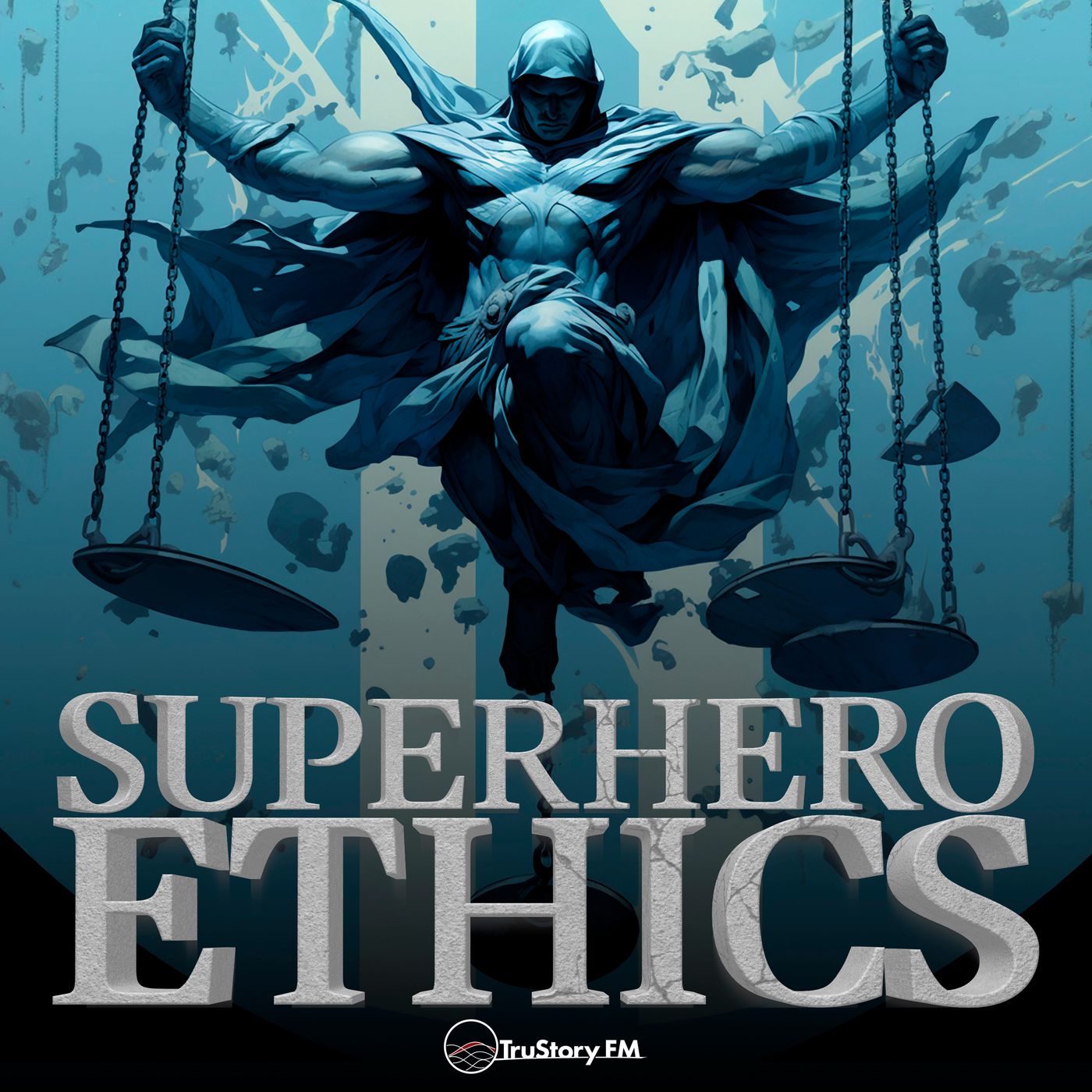One Piece: Can Pirates Be the Good Guys?
Description
Matthew Fox and Riki Hayashi dive into the question of whether a pirate can truly be a hero. Using the popular anime, manga, and live-action series One Piece as a focal point, they examine the complex nature of piracy and its relationship to morality.The discussion begins by defining the term "pirate" in both English and Japanese contexts, considering its historical and cultural implications. Matthew and Riki then explore the character of Monkey D. Luffy, the protagonist of One Piece, and his unique brand of piracy that challenges traditional notions of right and wrong.Can Luffy's altruistic goals and strong moral compass justify his actions as a pirate? Is he redefining what it means to be a pirate, or is his behavior ultimately misguided? The hosts engage in a lively debate, drawing parallels to other fictional characters like Captain America, Captain Jack Sparrow, and Batman.Key topics covered in this episode include:The definition of piracy in various cultural contextsLuffy's moral code and its implications for his actionsThe role of the World Government in One Piece and its impact on the perception of piratesComparisons between Luffy and other fictional heroes like Captain America and BatmanThe philosophical question of whether an individual's moral compass can supersede the lawThroughout the discussion, Matthew and Riki offer insightful perspectives on the nature of heroism and the complexities of navigating a world where the lines between right and wrong are often blurred. They also touch upon the broader themes of personal freedom, the pursuit of justice, and the potential pitfalls of unbridled confidence.Whether you're a die-hard One Piece fan or simply fascinated by the ethical dilemmas posed by fictional characters, this episode of Superhero Ethics is sure to leave you with plenty of food for thought. Join Matthew and Riki as they grapple with the question: Can a pirate truly be a hero?The articles mentioned in this episode were:AsianStudies.org Some Notes on “Japanese Pirates” Frank L ChanceCrunchy Roll - Freedom, Heroism and the Definition of “Pirate” in One Piece, by Sean AitchisonKaizoku is the Japanese word for ‘pirate’, explained by Masaki Mori From the Kanji for Sea and Bandit
We’ve started the conversation. Now we want to hear from you!Want to continue the discussion with us? Agree or disagree with what we talked about, or add your own thoughts? We’ve got options for you!Email: ✉️ [email protected]𝕏: EthicalPanda77Facebook: TheEthicalPandaInstagram: TheEthicalPandaTikTok: TheEthicalPandaVisit Superhero Ethics on TruStory.FM for more information, contact info, and more!Want to support the podcast AND get ad-free episodes and bonus content? Become a supporting member of The Ethical Panda Podcasts! Members get access to bonus content with (almost) every ad-free episode of this and my other podcast, Star Wars Universe...
More Episodes
Do superheroes promote fascist ideology? In this episode of Superhero Ethics, hosts Matthew Fox and Riki Hayashi dive deep into an interview from Screen Rant with renowned comic book writer Alan Moore, who argues that the concept of superheroes contains elements of fascism. Join us as we explore...
Published 04/30/24
Was Yoda right when he told Luke, "The greatest teacher, failure is," in Star Wars: Episode VIII - The Last Jedi? What did he mean, and how does this idea play out in the rest of the movie?Riki and Matthew dive into this question, asking just what Yoda means. Is he referring to his own failures,...
Published 04/23/24
Published 04/23/24


